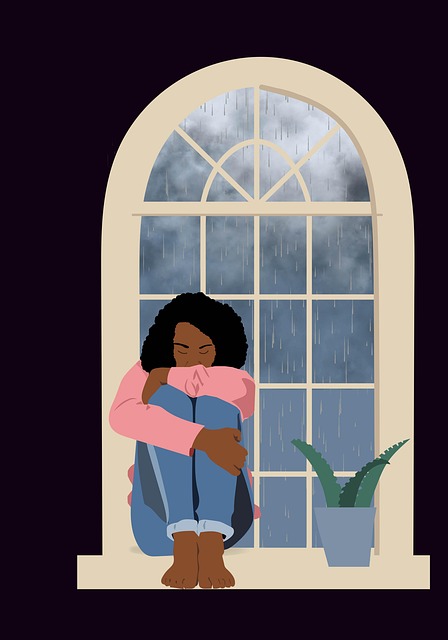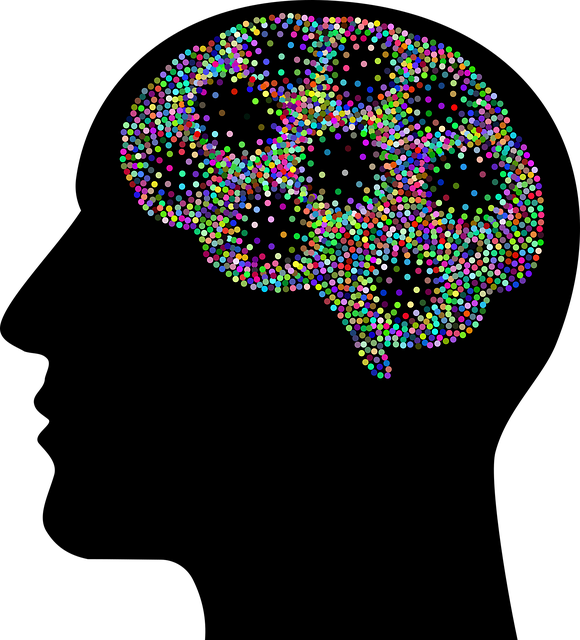Developing inclusive mental wellness tools is essential, especially for families with children in therapy, particularly those in polyamorous or open relationships. These complex dynamics impact a child's emotional well-being, requiring specialized assessments that integrate social skills training. By recognizing unique challenges like jealousy and communication issues, professionals can tailor interventions to support each family's specific needs, including targeted therapy for children in these relationships. Such tools foster healthy self-care practices and emotional intelligence, addressing the growing acceptance of diverse relationship structures while enhancing mental wellness outcomes.
Mental wellness self-assessment tools play a pivotal role in identifying unique needs within diverse families, particularly those with polyamorous or open relationships. These dynamic structures present distinct challenges for children’s mental health, demanding tailored approaches. This article explores the development of effective assessment tools, integrating cultural sensitivity to address stigma and promote inclusivity. By delving into age-appropriate assessments and evidence-based practices, we enhance accuracy in screening and diagnosis, ultimately refining therapy for children in these unique families, especially those navigating polyamorous relationships.
- Identifying Unique Needs: Exploring Mental Health in Diverse Families
- – Understanding the dynamics of polyamorous and open relationships
- – Recognizing the distinct challenges for children in these families
Identifying Unique Needs: Exploring Mental Health in Diverse Families

In the context of mental wellness self-assessment tools development, recognizing and addressing unique needs is paramount, especially when considering diverse family structures. For instance, families with children who require therapy, such as those navigating polyamorous or open relationships, often face distinct challenges related to mental health. These arrangements can introduce complex dynamics that impact a child’s emotional well-being, making specialized assessment tools crucial. By tailoring these tools to recognize and cater to the specific needs of such families, mental health professionals can effectively support children and their caregivers.
Exploring these diverse family contexts allows for a more comprehensive understanding of mental health issues. For example, polyamorous and open relationships may involve complex communication and boundary-setting, which could contribute to stress management concerns or even depression prevention challenges. Integrating tools that address social skills training within self-assessment processes can help identify and mitigate these risks early on, ensuring tailored interventions for each family’s unique circumstances.
– Understanding the dynamics of polyamorous and open relationships

In recent years, there’s been a growing awareness and acceptance of diverse relationship structures, including polyamorous and open relationships. These arrangements involve multiple romantic or sexual partnerships, consensually maintained by all involved parties. Understanding the dynamics of such relationships is crucial for mental wellness self-assessment tools because they can significantly impact individuals’ emotional well-being. Therapy for Children with parents in these relationships often involves addressing unique challenges related to jealousy, trust, and communication—all essential aspects of fostering healthy Self-Care Practices and Emotional Intelligence.
Self-Awareness Exercises tailored for polyamorous and open relationship dynamics must consider the nuanced emotional landscapes these individuals navigate. Effective tools should help users explore their feelings about their own relationships, their partners’, and their unique place within the larger social context. By integrating knowledge of these complex dynamics, mental wellness assessments can become more comprehensive and better suited to support the diverse needs of all individuals, regardless of relationship status.
– Recognizing the distinct challenges for children in these families

Children growing up in polyamorous and open relationships often face unique challenges that can impact their mental wellness. They may experience instability, as family dynamics shift frequently, leading to a sense of insecurity. Additionally, these children might struggle with understanding and explaining their home life to peers, potentially resulting in feelings of isolation or differentness. The nature of these relationships can also introduce complex emotional landscapes, where multiple romantic partnerships are normalized, which might make it difficult for them to process and regulate their emotions effectively.
Therapy tailored for children within polyamorous families is crucial to help them navigate these complexities. Through specialized therapy sessions, children can learn positive thinking strategies, stress reduction methods, and improve their emotional regulation skills. These interventions aim to foster resilience, enhance self-esteem, and provide a safe space to express their feelings and experiences, ultimately contributing to their overall mental wellness.
The development of mental wellness self-assessment tools is a crucial step towards better understanding and supporting individuals within polyamorous and open relationships, as well as their children. By recognizing the unique dynamics and challenges these families face, such as those encountered in therapy for children polyamorous and open relationships, we can create more inclusive and effective support systems. This approach ensures that no family is left behind, fostering a healthier and more vibrant tapestry of mental wellness.









